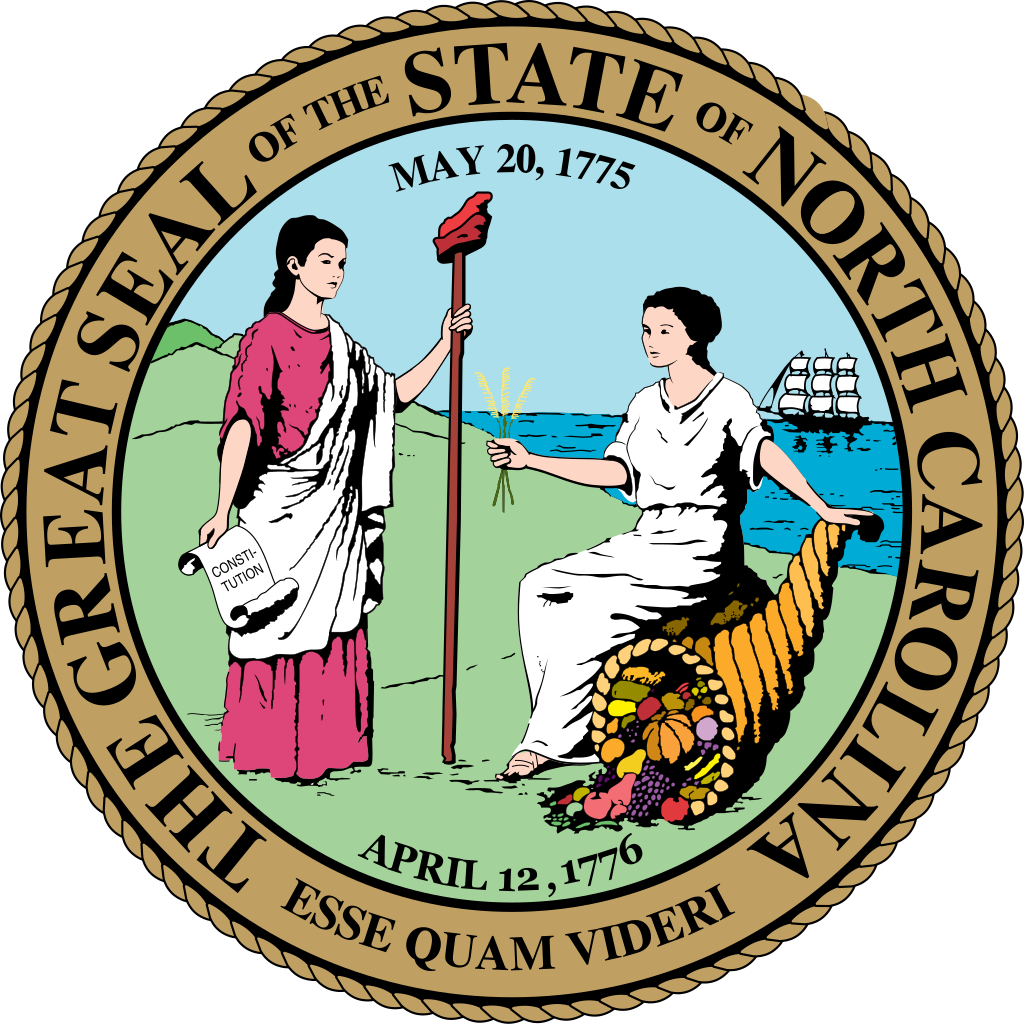North Carolina Homeschooling Legal Requirements
See the Full list of Homeschooling Requirements by State
Below is a quick reference guide on the homeschooling requirements for the state of North Carolina. For more information on the legal requirements visit the HSLDA North Carolina page.
Below are the requirements for homeschooling in North Carolina per the HSLDA:
North Carolina law defines a “home school” as “a nonpublic school consisting of the children of not more than two families or households, where the parents or legal guardians or members of either household determine the scope and sequence of academic instruction, provide academic instruction, and determine additional sources of academic instruction.” You may choose to operate your homeschool as one of two different types of “nonpublic” schools: (1) a qualified nonpublic school, or (2) a private religious school or a school of religious charter. The requirements are the same regardless of the type of homeschool, and are listed below.
1. Submit a notice of intent.
2. Ensure that the teachers in your homeschool have the required qualifications.
3. Provide the required days of instruction.
4. Keep attendance and immunization records.
5. Administer an annual standardized test.
6. Close your home school.
Visit the HSLDA North Carolina page for more information on each of these items.
Be sure to join our How to Homeschool for Free Facebook Support Group for daily help, freebies, encouragement, and more to support you in your homeschooling journey!
The information provided on this website does not, and is not intended to, constitute legal advice; instead, all information, content, and materials available on this site are for general informational purposes only. Information on this website may not constitute the most up-to-date legal or other information. This website contains links to other third-party websites. Such links are only for the convenience of the reader, user or browser; the ABA and its members do not recommend or endorse the contents of the third-party sites.
Readers of this website should contact their attorney to obtain advice with respect to any particular legal matter. No reader, user, or browser of this site should act or refrain from acting on the basis of information on this site without first seeking legal advice from counsel in the relevant jurisdiction. Only your individual attorney can provide assurances that the information contained herein – and your interpretation of it – is applicable or appropriate to your particular situation. Use of, and access to, this website or any of the links or resources contained within the site do not create an attorney-client relationship between the reader, user, or browser and website authors, contributors, contributing law firms, or committee members and their respective employers.
The views expressed at, or through, this site are those of the individual authors writing in their individual capacities only – not those of their respective employers, the ABA, or committee/task force as a whole. All liability with respect to actions taken or not taken based on the contents of this site are hereby expressly disclaimed. The content on this posting is provided “as is;” no representations are made that the content is error-free.







